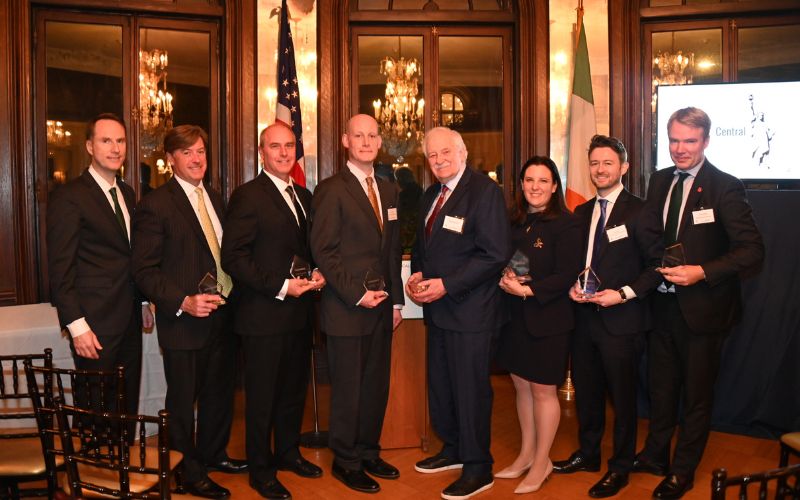Who will complete the journey from war to peace in Northern Ireland? The young, of course, providing they are given the opportunity to make a final reckoning with our broken past
On the recent Thursday evening that Oorlagh George’s shocking if timely artwork OFFSIDES opened at the Golden Thread Gallery, Belfast's leaders had the thrill of hearing Nancy Pelosi address a full house at the Belfast MET.
Her message was hope-filled and optimistic, insisting that the prize of a shared society underpinned by justice was within the community's grasp.
Present at that Titanic Quarter gathering were many of Ireland's venerable peacemakers who had suggested that a fresh push for a functioning government would come, by-and-by, in the fall. It was, they hoped, possible for society to potter on until then.
Perhaps, then, Oorlagh’s remarkable art film of a young man, red-faced, cursing and spitting with fury, beating furiously on a car in which sat a mute older driver — (his father?) — was wide off the mark in its desperate urgency?
Hardly. For this looped, silent video was loaded with the dysfunction the North of Ireland has inherited from its troubled past.
This son and father vignette exposed society's failure to hear the wounded cry of the children of the Good Friday Agreement who are taking their own lives in record numbers rather than enjoying the dividend of the peace for which many of their parents fought? These are the OFFSIDES of Oorlagh’s blistering video.
In the vacuum created by an absence of government, the cries for help of a new generation go unheard?
The slaying of a hero in Derry that same Thursday night, just hours aftere OFFSIDES premiered and Nancy soared, sent the pendulum swinging more towards the fearful, furious, frenetic imagery of Oorlagh than to the pastoral sunlit uplands of American boosterism.
Presience or coincidence from Oscar-winning Ms George?
Either way OFFSIDES was a disturbing depiction of the trauma continuing to haunt that cadre of young people officialdom has branded NEETS (‘Not in Education, Employment or Training’). Lyra McKee, with considerably more compassion, called them the “ceasefire babies”.
No one was a greater beacon for young people left behind by the peace process than the brilliant McKee.
If her torch is to be picked up, it will have to be by her own generation – those youthful multitudes who believe in the inclusion, equality and peace pledged in the Good Friday Agreement their forebears signed.
When it comes to new thinking, no one is likely to make the case for radical change, for making peace with the past, for building a society which cherishes all the children of the nation but especially, “in God’s name”, the children of the ceasefire, than Oorlagh George in OFFSIDES.
Talks to resuscitate the peace process are imminent, their success essential.
As Northern Ireland's poiticians gather in the negotiating rooms of Stormont once more, the name of Lyra McKee will, justly, never be far from their lips.
Packs and dossiers will be distributed to participants to set the stage but equally helpful would be for Oorlagh George’s OFFSIDES to be exhibited in Stormont’s Great Hall. In that way, every participant entering the talks would have to run the gauntlet of this howling young man as he vents his volcanic rage in what surely now can only be seen as a keening for Lyra.
This article was submitted to the IrishCentral contributors network by a member of the global Irish community. To become an IrishCentral contributor click here.




Comments